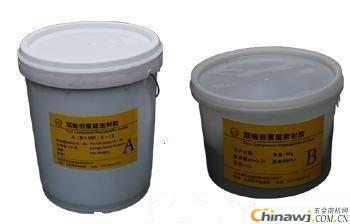To achieve a high-quality hollow effect in insulating glass, the use of aluminum strips for sealing and bonding demands a high level of expertise. This process often faces challenges such as frequent failure points that must be carefully managed to ensure long-term performance.
When applying sealant during the sealing process, it's crucial to clean the material surface thoroughly. Any presence of oil or dirt can significantly affect adhesion. Additionally, the bonding time tends to increase as the temperature drops. If the materials are not properly aligned, the sealant may fail to bond effectively with surfaces like glass and aluminum strips.
To avoid these issues, proper cleaning procedures should be followed, and the curing time should be adjusted based on the ambient temperature. Moreover, if the sealant is not applied correctly, it can cause blockages in the glue machine. Regular maintenance, including cleaning the mixer and other components, is essential to prevent such problems.
During the application process, if the sealant doesn’t cure properly, there might be instances where it cures at different stages. In such cases, it’s important to check the glue mixer for any faults and ensure the mixture is evenly blended. Consistent quality control is key to maintaining the integrity of the seal.
In conclusion, when using aluminum strips with sealants for insulating glass, it's vital to anticipate and address potential issues proactively. By doing so, you can ensure the glass performs as intended, providing optimal insulation and durability over time.

Formwork System,Flat Surface Formwork System,Concrete Formwork,Customizable Formwork Systems
RILICO , https://www.rilico.com